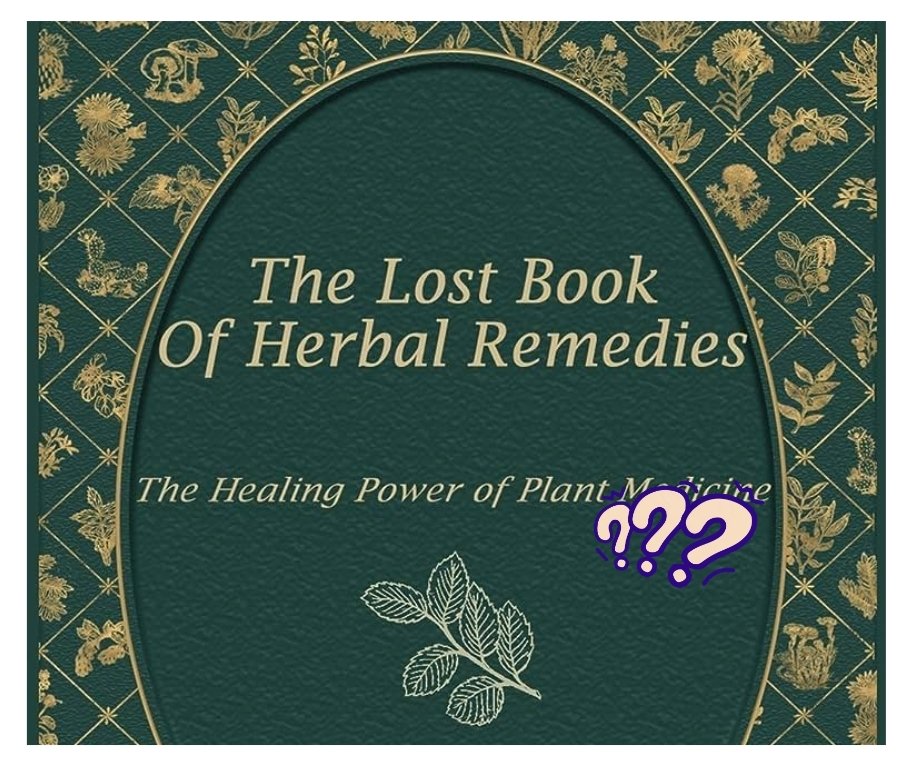
In a world increasingly dominated by modern medicine and pharmaceuticals, the timeless wisdom of herbal remedies often lies forgotten. However, a remarkable discovery has rekindled interest in nature’s healing power—the Lost Book of Herbal Remedies. This ancient manuscript, believed to hold a treasure trove of herbal knowledge, offers a glimpse into the holistic healing practices of our ancestors.
Unraveling the Mystery
The Lost Book of Herbal Remedies, an enigmatic document that emerged from the depths of history, has captured the attention of herbalists, botanists, and historians alike. Its origins shrouded in mystery, the book is said to date back centuries, possibly even millennia, tracing its roots to ancient civilizations that revered the potency of plant-based medicine. The contents of this rediscovered manuscript have the potential to revolutionize our approach to health and wellness.
Rediscovering the Power of Plants
Contained within the Lost Book of Herbal Remedies are descriptions of numerous plants, their medicinal properties, and methods of preparation. From common herbs like lavender, chamomile, and ginger to rare botanicals found only in remote corners of the world, the book catalogues an extensive array of natural remedies. These traditional cures, tested and refined over generations, offer treatments for ailments ranging from common colds to more severe conditions.
Embracing Holistic Healing
Unlike modern medicine, which often focuses on symptom suppression, herbal remedies described in the Lost Book emphasize holistic healing. Ancient healers understood the interconnectedness of the mind, body, and spirit, and their treatments aimed to address the root cause of illnesses. By combining herbs, proper nutrition, and mindful practices, they sought to restore harmony and balance within the individual. This approach resonates with today’s holistic health movement, which seeks to integrate various healing modalities for overall well-being.
Challenges and Controversies
Despite the renewed interest in herbal remedies, some skeptics remain cautious, citing potential dangers of self-prescribing and lack of scientific evidence for certain claims. Critics argue that rigorous research is essential to validate the effectiveness and safety of these ancient remedies. However, advocates of traditional healing methods counter that these remedies have withstood the test of time and that modern science should explore and harness the potential of these plants further.
Preserving Herbal Wisdom
As we explore the Lost Book of Herbal Remedies, it becomes evident that preserving this wisdom is vital. Integrating traditional knowledge with modern scientific advancements could lead to groundbreaking discoveries in medicine. By bridging the gap between the past and the present, we can uncover nature’s hidden treasures and enhance our approach to health and wellness.
The Lost Book of Herbal Remedies serves as a powerful reminder that our ancestors possessed a profound understanding of the healing power of nature. By embracing the knowledge contained within this ancient manuscript, we have the opportunity to rediscover the potential of herbal medicine and enrich our journey towards better health, harmony, and balance.